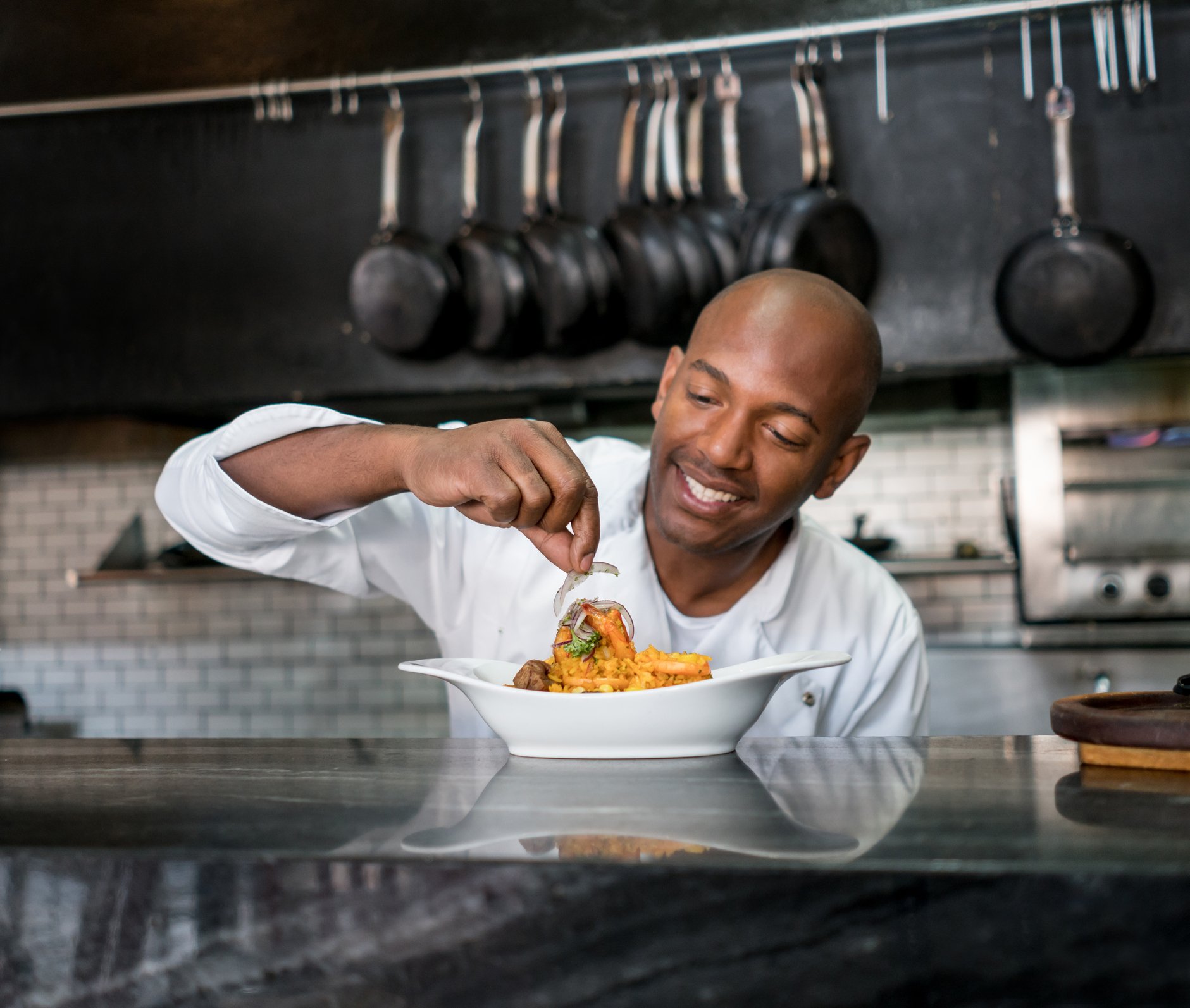
There are three things that are unlimited at Darden Restaurants (NYSE: DRI): Olive Garden's bread sticks, Red Lobster's Cheddar Bay biscuits, and problems.
Investors will get a taste of the latter when the struggling casual dining giant reports earnings on Thursday. Wall Street anticipates a 9% spike in revenue, but that's primarily the handiwork of expansion of Darden's smaller concepts. Things won't be nearly as pretty on the bottom line, where analysts see profitability dipping to $0.75 a share from $0.85 a share a year earlier.
Making matters worse, an activist investor is starting to get restless.
Armed with a nearly 3% stake in Darden, Barington Capital Group is offering up recommendations that it feels would boost the value of the struggling restaurateur to as high as $80 a share.
Some of the ideas are fair. Spinning off Darden's smaller concepts into a stand-alone company makes sense. Investors would likely pay a premium for the faster-growing spinoff, leaving Red Lobster and Olive Garden behind.
Another suggestion is to turn the company into a real estate investment trust, a move that could boost the stock's already meaty 4.1% yield.
However, the real problem here is that Barington is also asking that Darden slash its operating expenses by $100 million to $150 million a year. This would naturally be great if it was possible without hurting Darden's already delicate business, but suggestions to scale back TV advertising and cut back on discounts don't seem to be in touch with what the company needs at the moment.
Olive Garden and Red Lobster are struggling, with comps respectively sliding 4% and 5.2% in Darden's latest quarter. If the chains are struggling to draw diners now, what will happen when prices move higher and the marketing message goes away?
Darden's already been rolling up its sleeves to shave off $50 million a year in operating expenses, and it's clearly not helping the bottom line or the magnetism of its flagship chains. Deeper cuts would be the beginning of the end.
This isn't the time to be frugal. Fast-casual is eating casual dining's lunch as consumers flock to quicker and more convenient establishments that still provide quality meals. Rival DineEquity (DIN +0.51%) is installing 100,000 tablets at Applebee's tables next year in a push to make its operations more efficient and customer-friendly. How will Olive Garden and Red Lobster succeed if their response is to sidestep discounts and the marketing campaigns to promote those discounts?
A bad report out of Darden on Thursday may seem to validate Barington's push for change, but things can always be worse. Darden needs to be spending more -- not less -- on improving the efficiency of its eateries and the perceived quality of its food.
Just like the bread sticks and biscuits, Darden's problems are going to need more dough.







